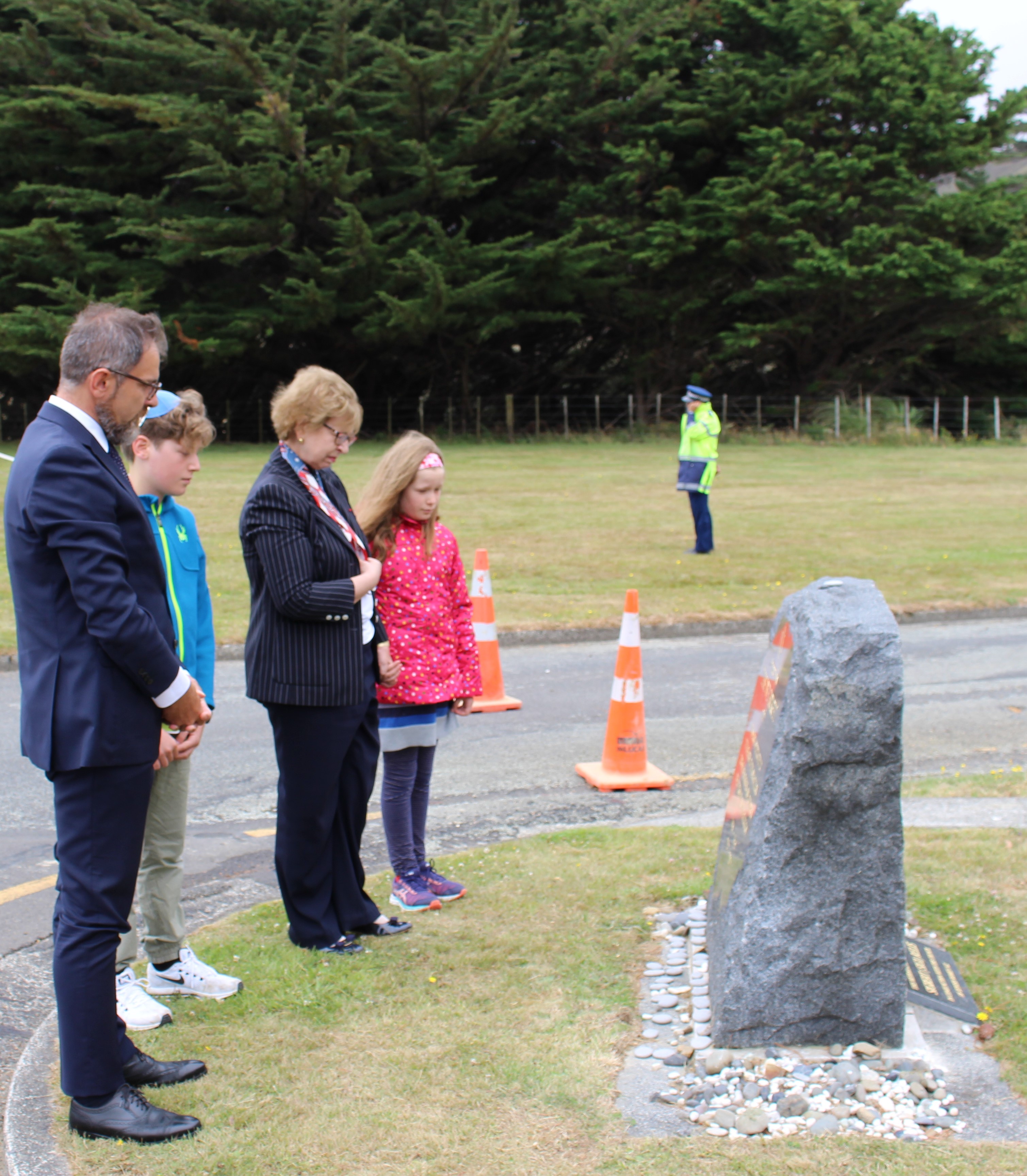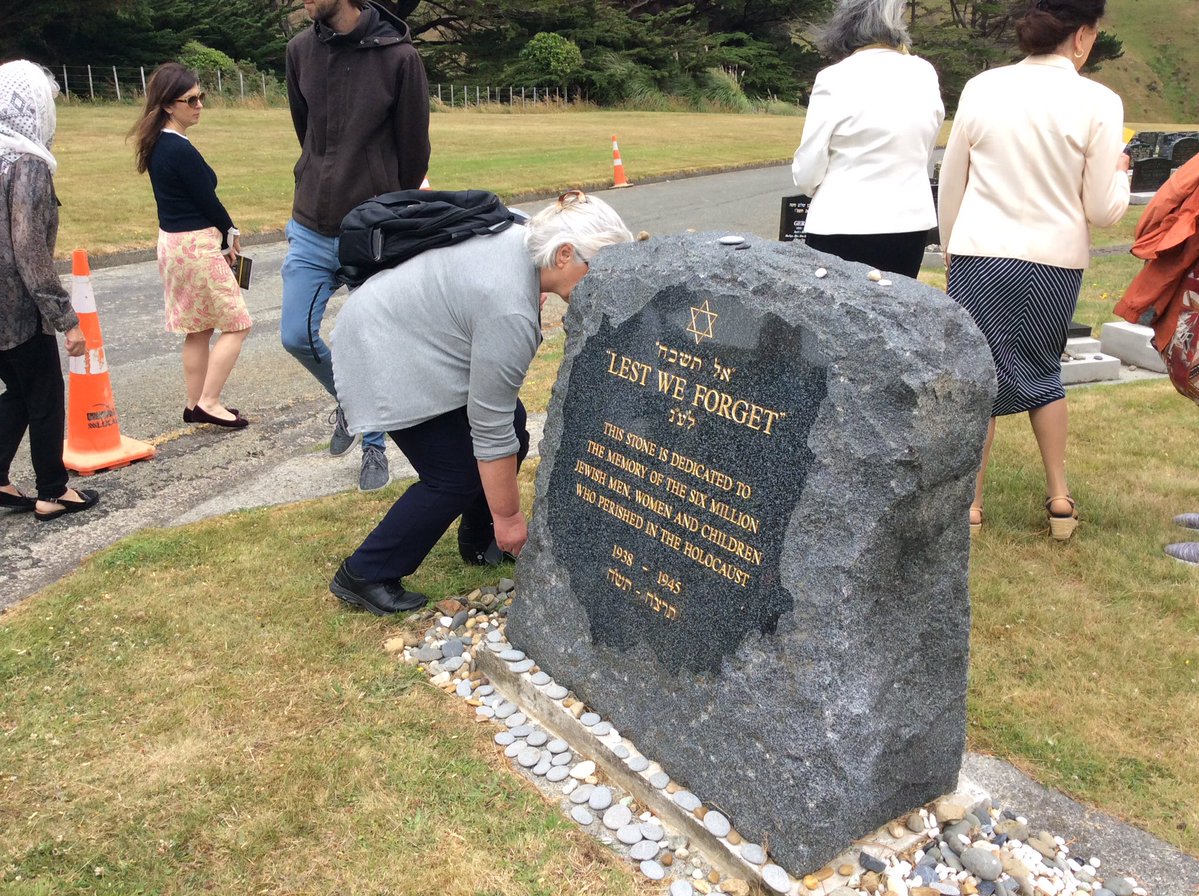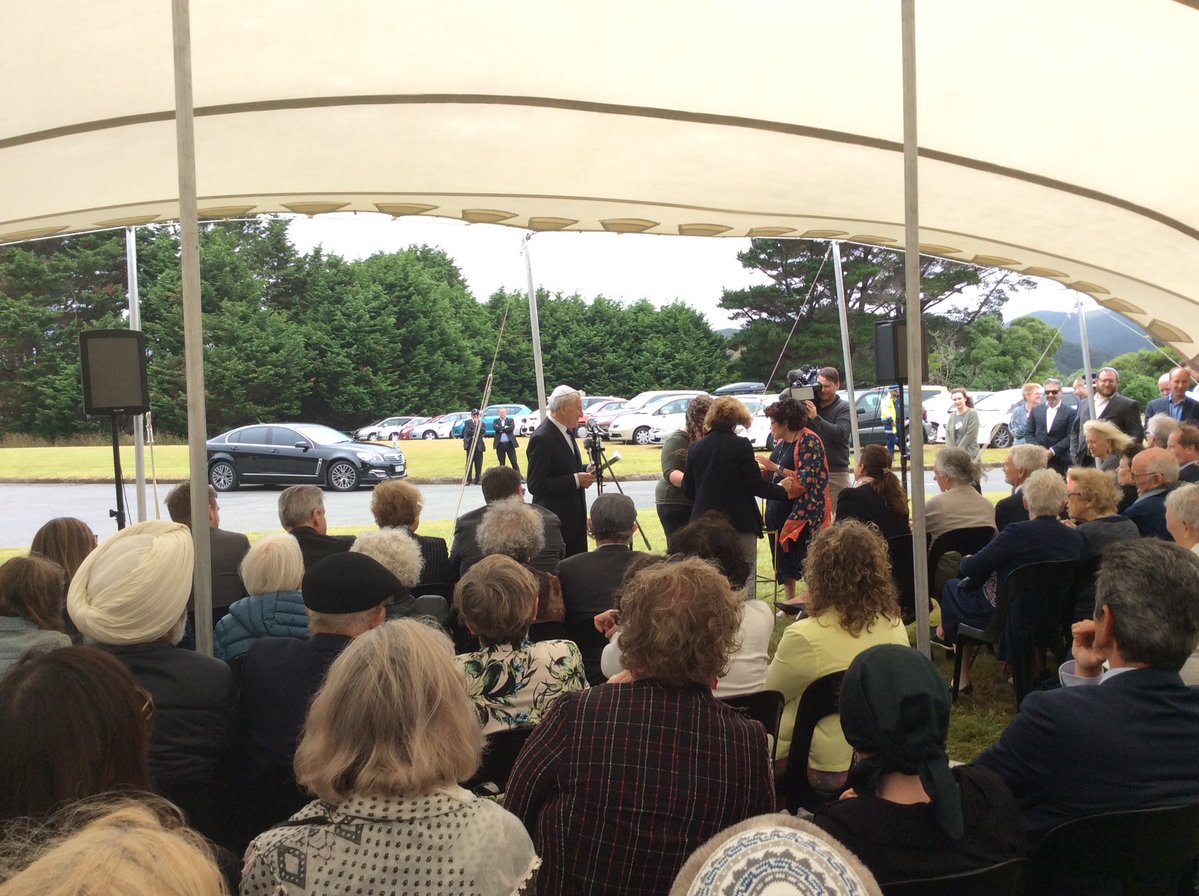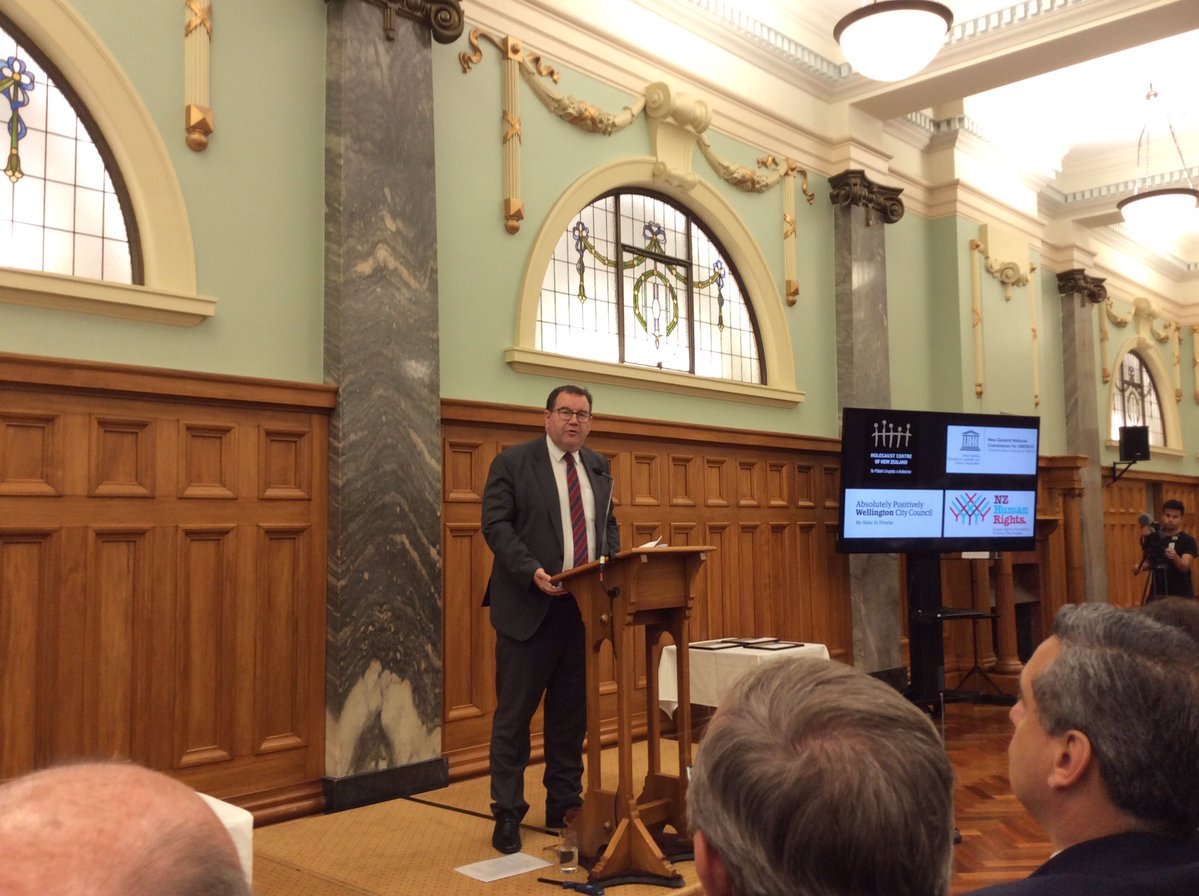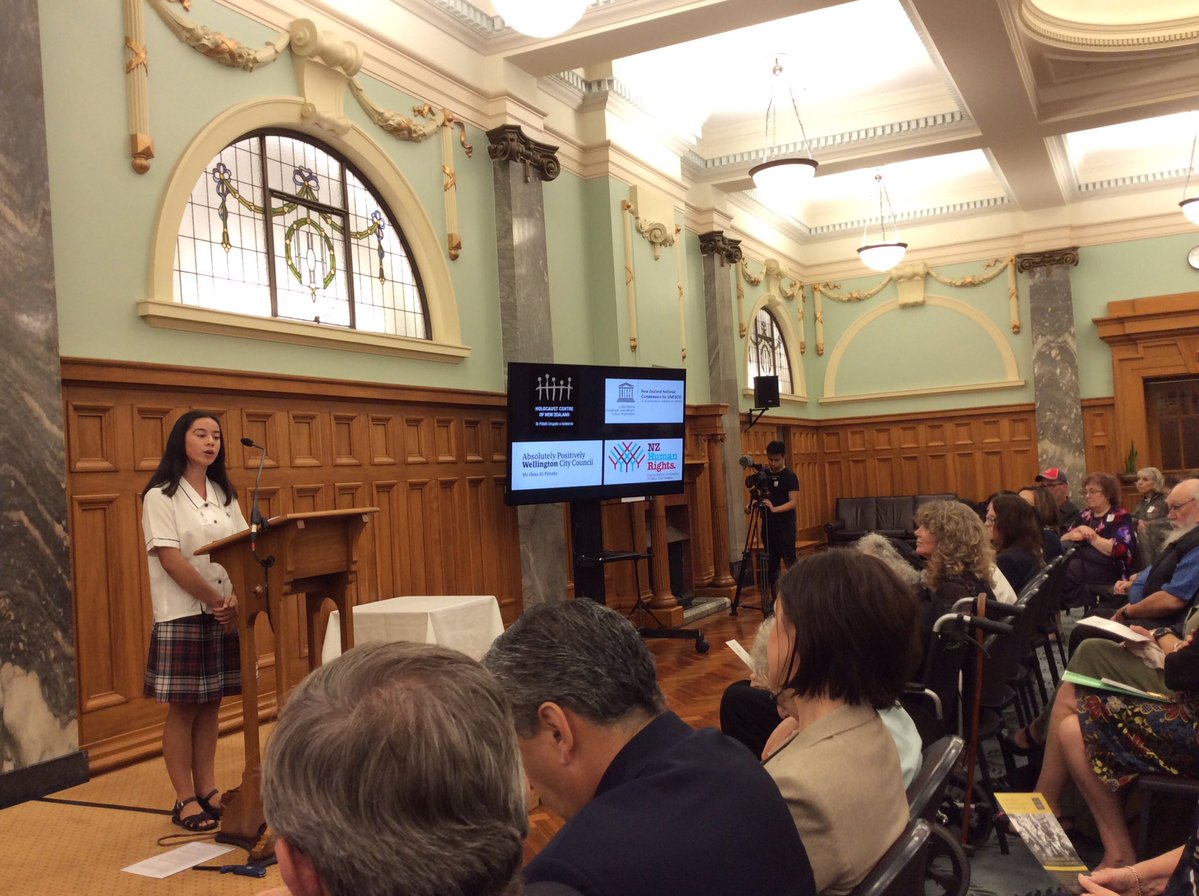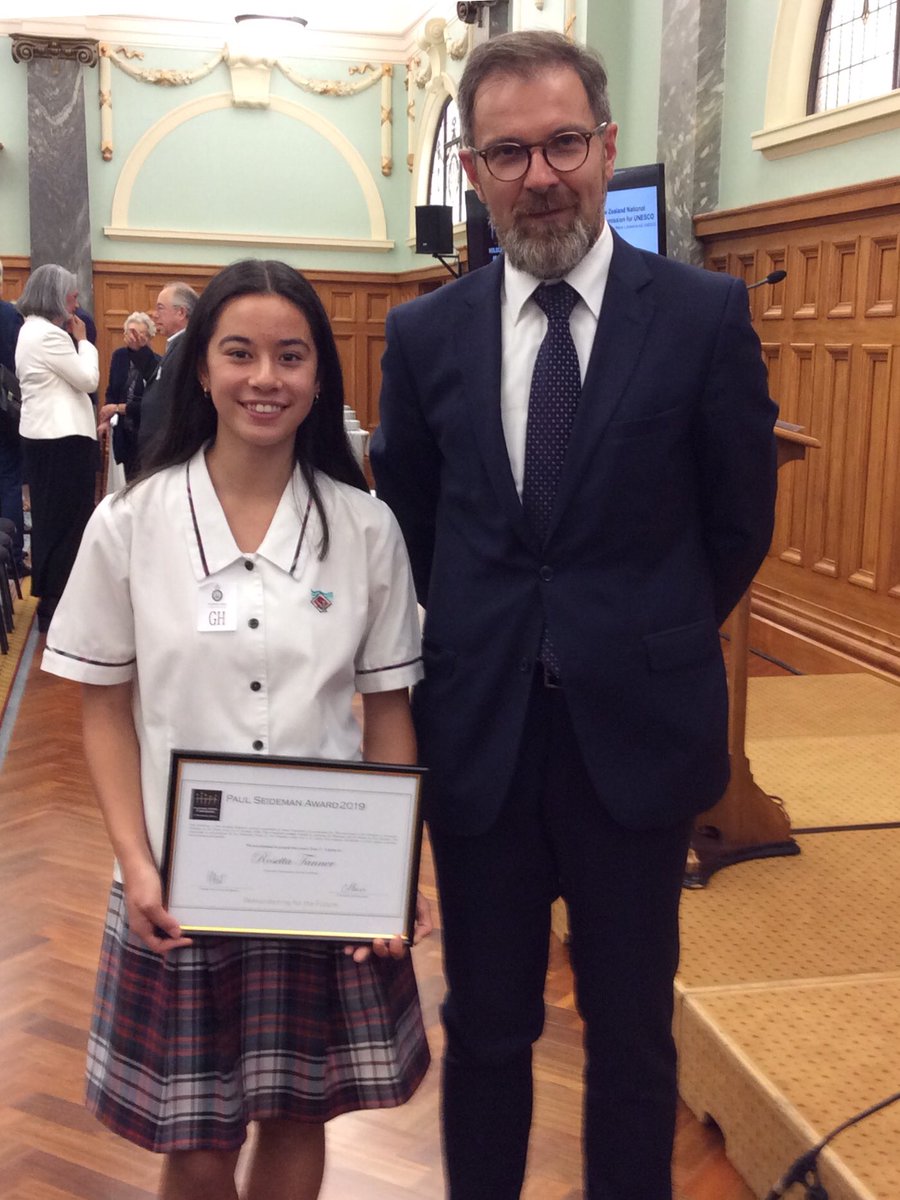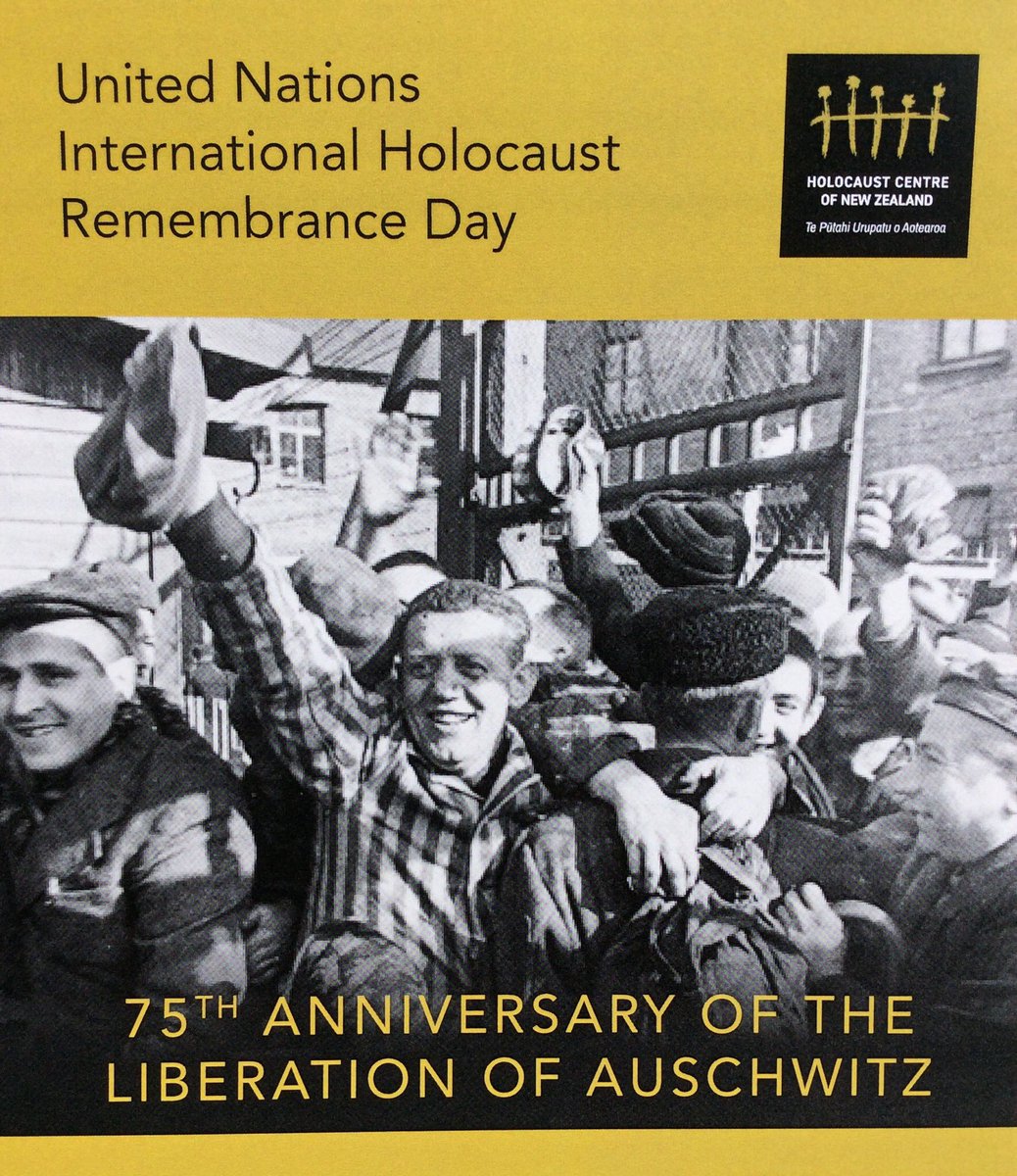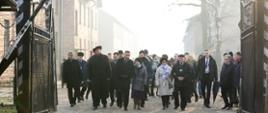75th anniversary of the Nazi German Auschwitz-Birkenau death camp liberation
28.01.2020
The main observations of the 75th liberation anniversary of the World War Two Nazi-German death camp Auschwitz were held on January 27th on the camp's memorial site in southern Poland.

Attending the ceremony were delegates from numerous countries and international organisations, including around 200 Auschwitz and Holocaust survivors, four of whom addressed the gathering.
In his address, Andrzej Duda recalled that the Auschwitz camp symbolised the main site of the Holocaust during World War Two.
"We have come here together – members of 61 delegations from all over the world – to jointly commemorate International Holocaust Remembrance Day. We are standing in front of the gate leading to the camp which claimed the lives of the biggest number of victims and which has become the symbol of the Shoah. We pay tribute to all the six million Jews murdered in this and other camps, in the ghettos and places of torture," Andrzej Duda said.
President went on to say that as the main Holocaust site Auschwitz was unique, as at no other time and in no other place in history had extermination been carried out in this way.
"The Holocaust, of which Auschwitz is the main place and the main symbol, constituted an unexampled crime throughout the whole of history. Here, the hatred, chauvinism, nationalism, racism, anti-Semitism assumed the form of a mass, organised, methodical murder. At no other time and at no other place was extermination carried out in a similar manner," the president said.
The Germans established the Auschwitz camp in 1940, initially for the imprisonment of Poles. Auschwitz II-Birkenau was opened two years later and became the main site for the mass extermination of Jews. There was also a network of sub-camps in the complex. The Germans killed at least 1.1 million people at Auschwitz, mainly Jews, but also Poles, Roma and Soviet prisoners of war.
It was liberated by the Red Army on January 27, 1945. In 1947, the camp site was declared a national memorial site.
The commemorations of the International Holocaust Remembrance Day were also held in New Zealand. In Auckland, New Zealand Prime Minister Jacinda Ardern paid tribute to millions of victims who died in the Holocaust, declaring that there is no place in the world for anti-Semitism.
In Wellington the ceremonies were held at Makara Cemetery and at the New Zealand Parliament Buildings with participations of politicians, representatives of New Zealand institutions, the diplomatic corps and the Jewish community. The events were also attended by the Polish Ambassador Zbigniew Gniatkowski, who, together with others, paid tribute to the victims by laying a stone at the monument dedicated to the Holocaust victims.
At the Parliament, students from New Zealand schools - the winners of the annual essay competition, read out their works. One of the finalists was Rosetta Tanner from Auckland, who dedicated her work to Irena Sendler, a Polish social activist involved in the resistance movement in Warsaw during the war (link provided below). Irena Sendler's actions and dedication saved several thousand Jewish children from the Warsaw Ghetto. February 15th this year will mark Irena Sendler's 110th birthday.
Materials
Paul_Seideman_Composition_Essay_-_Rosetta_TannerPaul_Seideman_Composition_Essay_-_Rosetta_Tanner.pdf 0.03MB
